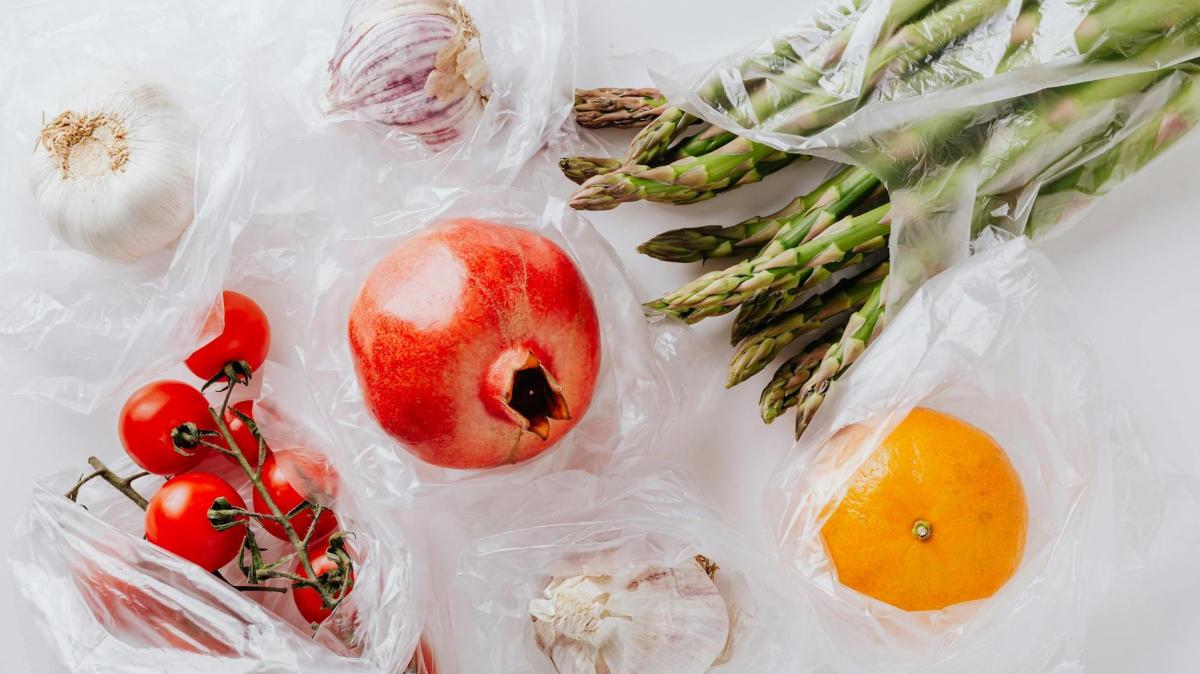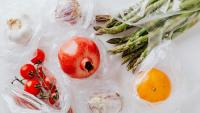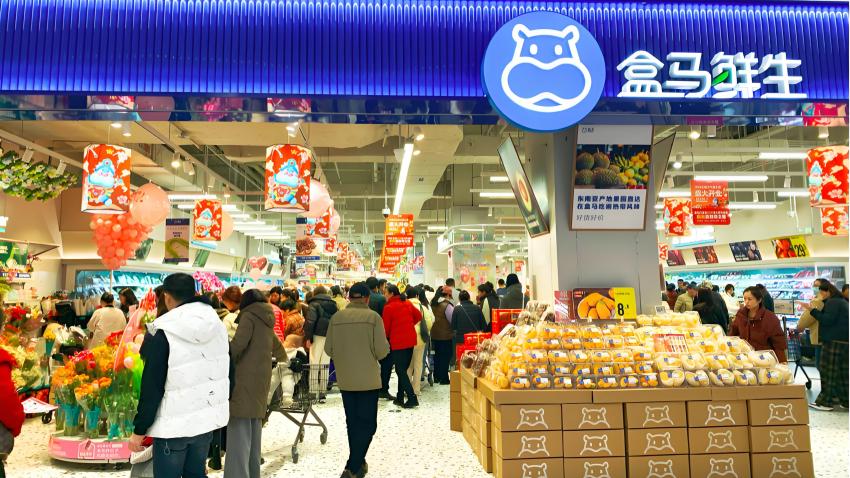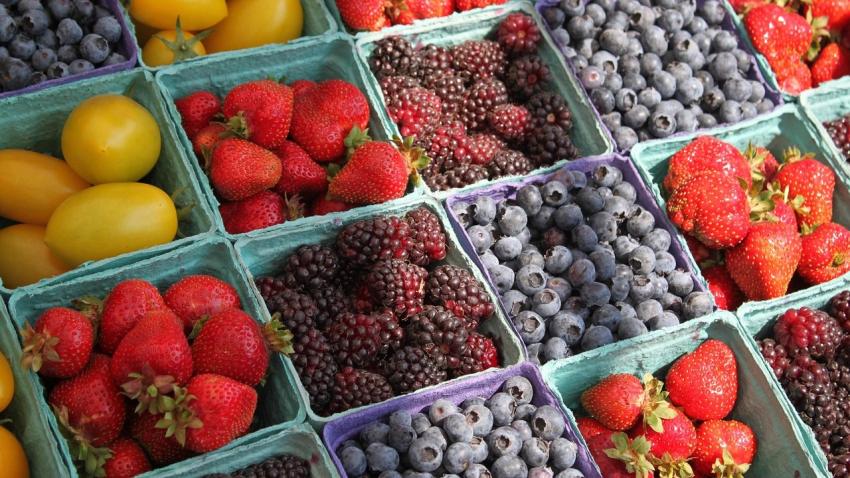You are here
Back to topHow Will Revamped EU Packaging Law Affect Fresh Produce Industry?

On March 4, the European Council, European Parliament and European Commission reached a preliminary agreement on the amended Packaging and Packaging Waste Regulation (PPWR), which aims to reduce the use of non-recyclable packing materials in EU member countries. In particular, the measures ban single-use plastic packaging for unprocessed fresh fruit and vegetables beginning Jan. 1, 2030.
The revised regulation has been met with concerns from the European Fresh Produce Association (Freshfel Europe), which has urged legislators to reconsider the changes to the law. The association stated that limiting restrictions to fresh fruit and vegetables is discriminatory against the sector because no other food categories — such as frozen or processed fruit and vegetables and meat or fish products — have been sanctioned in this manner. According to Freshfel Europe, the restriction goes against the goal of encouraging fresh produce consumption among EU citizens. The industry referred to the European Commission’s Farm to Fork Strategy, which describes current food consumption patterns in Europe as unsustainable from both health and environmental perspectives and advocates for diets rich in fruit and vegetables, whole-grain cereals, legumes and nuts.
Freshfel Europe claimed that the ban has no solid justification because plastic packaging for fresh produce accounts for only 1.5% of all plastic packaging used for food products, and even less when considering the total plastic packaging in the European Union. According to the association’s data, approximately 50% of fresh produce is currently sold loose, and for those products that require packaging, there is always a well-founded rationale for it. The industry cited hygiene, food safety and quality as key reasons, as well as the communication of necessary information to consumers and the prevention of premature food waste.
Besides noting the unfair and ungrounded nature of the ban, Freshfel Europe voiced its concerns regarding the potential consequences of the reform, including increased packaging waste and food waste, logistical inefficiencies, greater carbon emissions, breach in the functioning of the EU single market and, most importantly, a decline in consumption.
Under the updated version of the law, EU member states will have the freedom to define their own exceptions to the PPWR based on different dietary cultures, product requirements and trading patterns. It is claimed that this will undermine the goal of establishing unified rules for the EU market, causing further inconsistency and complexities in the trade. According to Freshfel Europe’s general delegate Philippe Binard, “by not having a Union harmonised list of exempted products that could be packed in plastic packaging, it will deeply impact the distribution within the EU Single Market, especially but not only within border regions.” Binard also commented, “When fresh produce is packed, the final destination is rarely known. As a result, fresh produce might have to be unpacked and re-packed in the supply chain, causing increased packaging waste and risking the quality of the product.” This may in turn lead to a greater carbon footprint as well as a hefty hit to the wallets of end consumers.
On the international level, a number of nonprofit industry and non-governmental organizations that keep abreast of changes in packaging legislation globally formed the Alliance for Sustainable Packaging for Foods, which aims to work with regulators and governments to promote the adoption of a comprehensive and unified approach to food packaging standards. The alliance has emphasized that the sector’s sustainability should be achieved without jeopardizing food safety and public health and without increasing the environmental impact of the food supply chain. Given the role of the European Union in the global fresh produce market, the alliance is closely monitoring the revision of current packaging and packaging waste rules in Europe.
The alliance’s members include the International Fresh Produce Association, the Reusable Packaging Association, the Western Growers Association, Fruit South Africa and Frutas de Chile, to mention a few. They all seek to develop regulations that benefit both governments and businesses by facilitating research, establishing working groups and action plans, and providing policymakers with important information on fresh produce packaging.
Image: Pexels














Add new comment